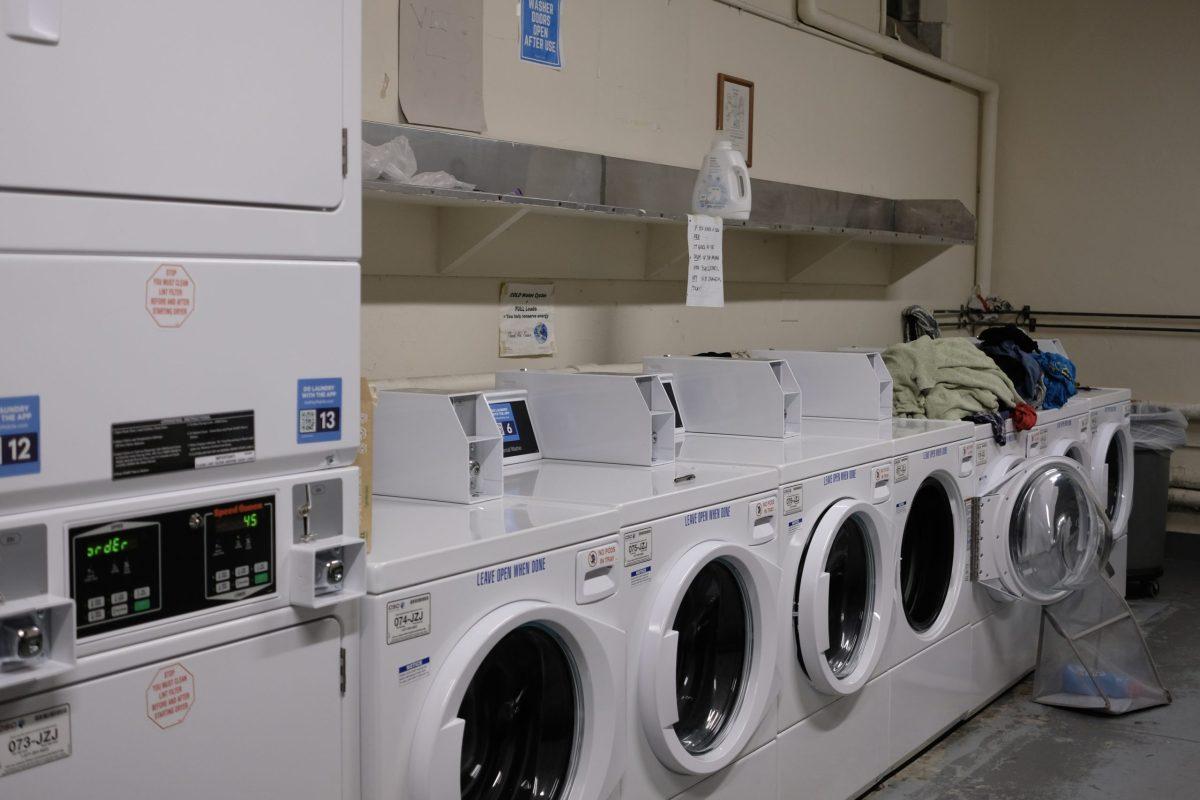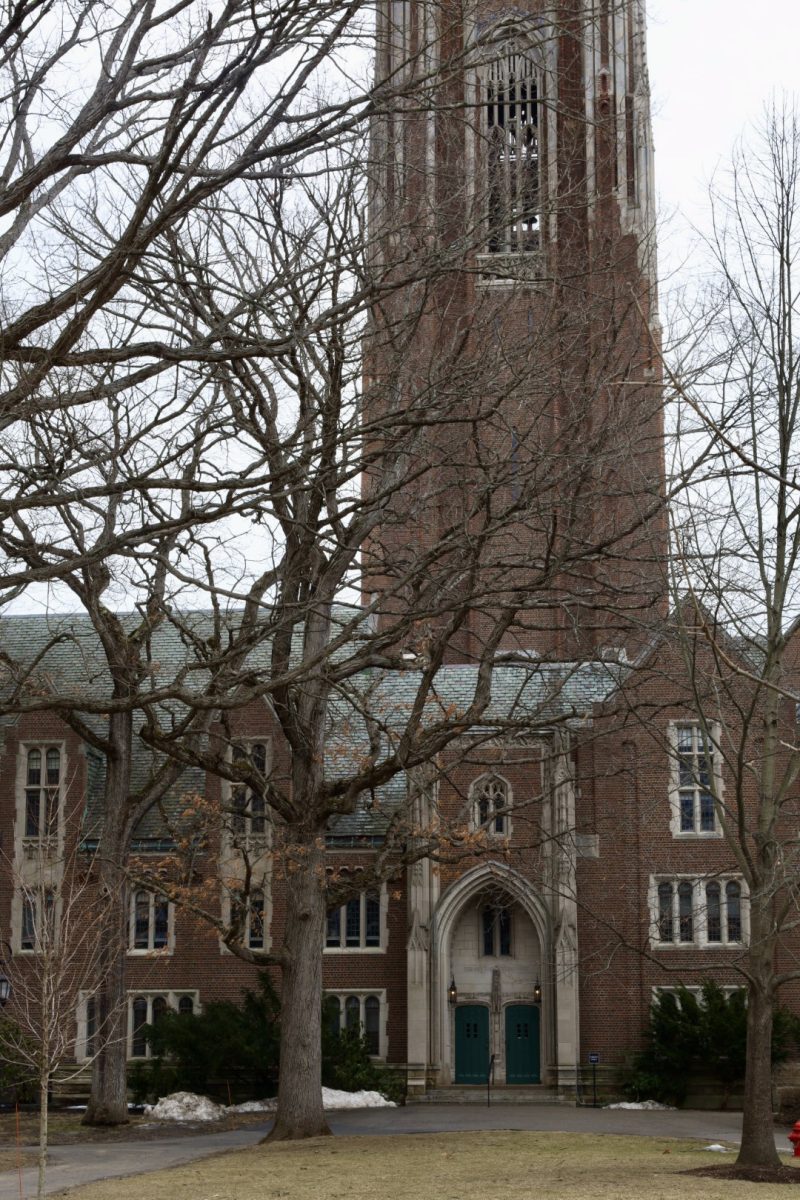As the campus reopened for the fall semester of 2023, students received interesting news from Sheilah Shaw Horton, vice president and dean of students. In Horton’s first bi-weekly newsletter, it was announced that the washers and dryers in all residence halls will no longer charge students the previous fee of $1.50 per machine in a section titled, “Exciting Laundry News.” Instead, laundry services will be free to use for all students. The change took effect immediately, dating back to the end of summer 2023 and will last throughout the school year.
“We appreciated the very thoughtful research and information provided by the 2021-22 CG [College Government], COIL [Community Organizing and Inclusion Liaison], and last year’s CG Bursar regarding concerns about laundry. Keep in mind that while you no longer have to pay for each wash, it is still important to care for the machines so that they do not break down. If you need help with how to work the machines, please ask your RA,” said Horton in her email.
Accessibility of affordable resources on campus has been at the forefront of a lot of administrators’ minds. Catherine Kefalas ’89, executive director of Wellesley Students’ Aid Society, expressed her reaction to Horton’s announcement.
“WSAS is very happy the college is offering free laundry,” said Kefalas, “We have provided emergency laundry grants to students for several years and we are pleased that all students have access, as needed, to this essential part of personal care. WSAS continues to provide laundry pods for free, as available, at our Residential Resource Closets in Stone Davis and Severance.”
Wellesley Students’ Aid Society is an independent corporation that provides short-term loans, tuition loans, and other means of support to Wellesley College students with demonstrated need, supplementing the College’s own financial aid programs, according to their webpage.
“As a separate non-profit to the college, WSAS works to support the college in assisting students with their many financial needs. Unfortunately, it is usually the unanticipated expense that will disrupt a student’s budget,” said Kefalas.
For a lot of students on campus, laundry costs are an added financial strain, making the free detergent pods in the Residential Resource Closets and the quarter program especially beneficial.
Helen Wang, associate dean of Residential Life and Community Development, explained the previous system.
“When we first started the laundry quarters and pods program through Kristen Park (past Community Director) and WSAS, it was done in support of first-generation low-income students. Res Life took this on as a task because we knew how important it was to support this population. We would hand out bags of quarters and pods in front of our offices whenever students asked us for this resource. As the interim Community Director of the East Side at that time, I know how valuable that was to students who needed it. I think it is another important resource that allows students not to have to negotiate another hurdle,” said Wang.
Some students recognized that the previous approach was not enough. Horton expressed thanks to the 2021-22 CG, COIL, and last year’s CG Bursar for the push for free laundry, and Wang gave credit for the laundry change to the Student Government, House Presidents’ Council, and the Financial Aid Department.
“Through a collaborative effort between Student Government and the finance department at the College, folks came together to think creatively through some solutions this summer. All of this was to serve students to the best of our ability,” said Wang, “I think that Student Government did a great job bringing students’ voices to the table. This was also an interest of HPC [House Presidents’ Council]. I think it was effective because, at the end of the day, various parties thought about solutions together. I do think the Finance department was central to that. We have all been bringing this concern to the table, but patiently, knowing that these processes take time.”
Both Horton and Wang recognize that this change is exciting, but puts responsibility on the Wellesley College community. Horton notes that it remains crucial to maintain the machines to prevent any potential breakdowns. Wang agrees.
“I think it will be important for everyone to realize that though the services are free they are not limitless. It is as with all practices that are about community care – take only what you need and be even more responsible for this resource, now that we have it in this manner,” said Wang.
Kefalas and Wang recognize that this is a step in the right direction of affordable options for students, but there is still more to do.
“One area that appears to continue to be challenging is computer affordability for all students entering Wellesley College,” said Kefalas.
Wang offers advice to the Wellesley community.
“I would encourage students to lean into the resources at Wellesley as well. Get a library card. Take advantage of mass transit. Go to the local fairs that happen in the town of Wellesley, Natick, or Needham…,” said Wang.




